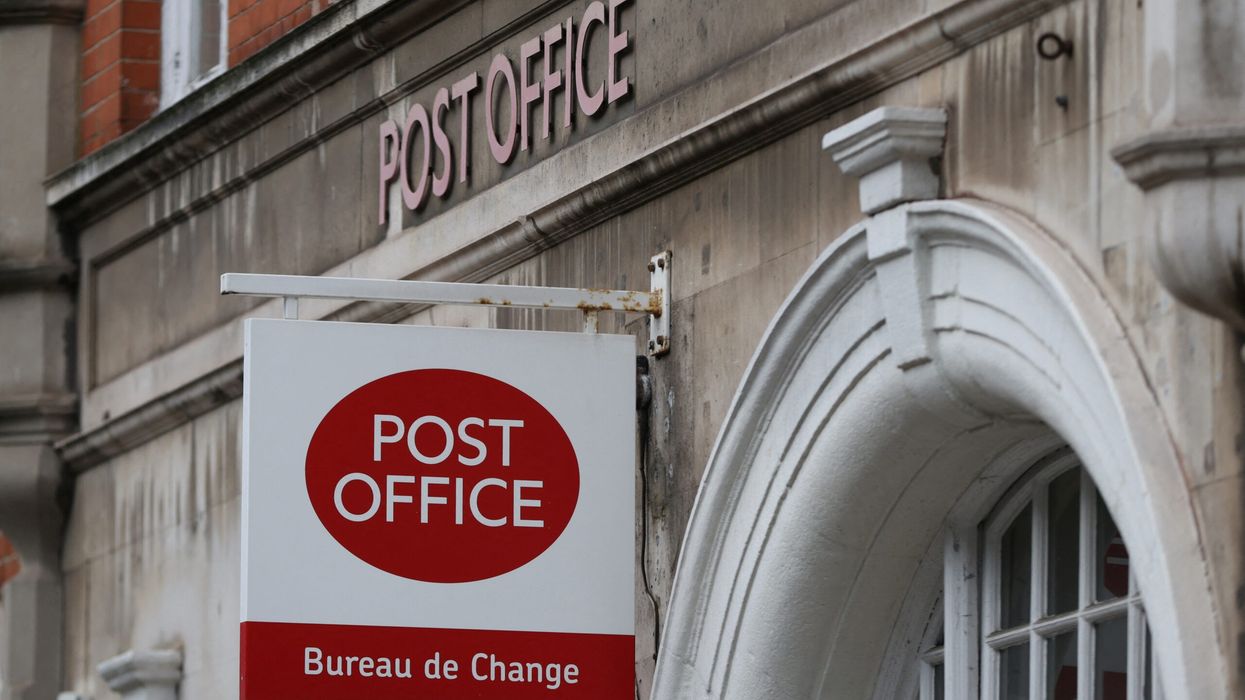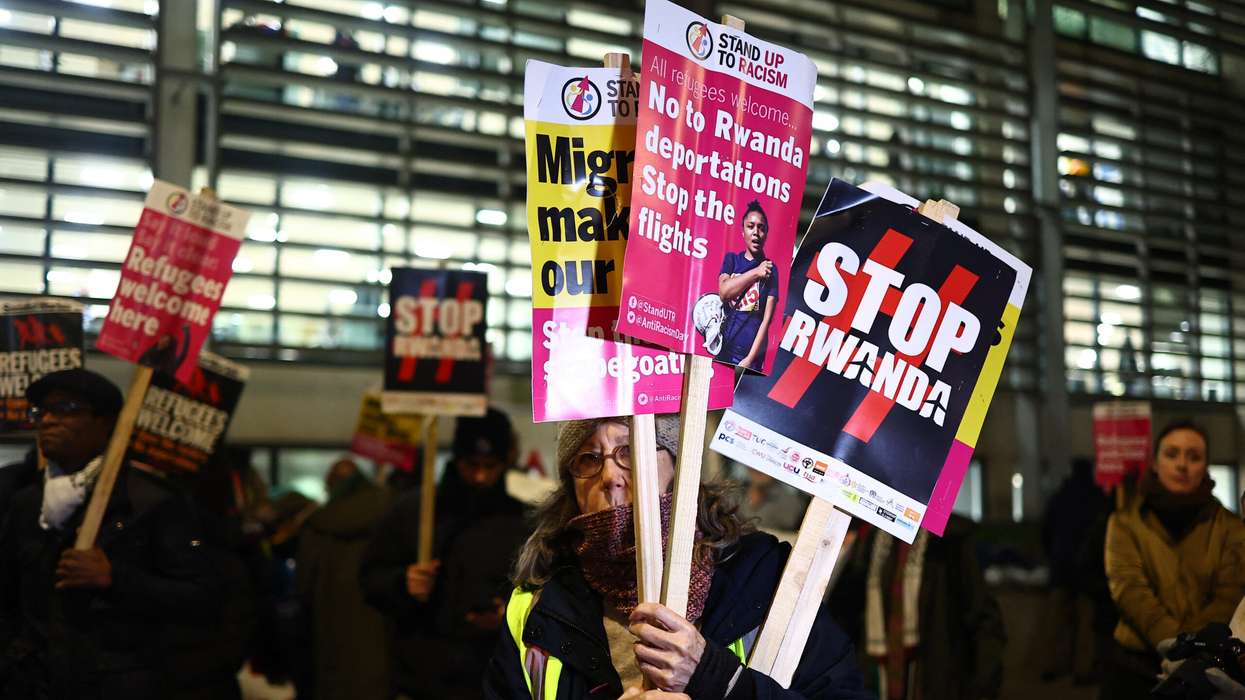THE government is exploring whether to transfer control of the Post Office to the people who run its branches, according to a new consultation launched this week.
Minister Gareth Thomas said the move would create "a fresh vision" for the service while rebuilding trust following the Horizon scandal that devastated hundreds of sub-postmasters' lives, reported the BBC.
The 12-week public consultation examines two main options for restructuring the currently state-owned organisation. The first involves creating a partnership between government and a mutual body led by postmasters, potentially including other staff and community representatives. The second proposes a charter system similar to the BBC, where government sets guidelines but gives up direct ownership.
"We all know, sadly, the grim legacy... so this is about fixing the fundamental problems," Thomas was quoted as saying, referencing the scandal where faulty Horizon software led to wrongful prosecutions for theft and false accounting.
The consultation follows last week's public inquiry report highlighting the devastating impact on sub-postmasters and their families. Any structural changes would not occur until 2030 at the earliest, allowing time to replace the troubled Horizon system over the next three to five years.
Despite the ownership review, Thomas stressed that the government considers the current network of 11,500 branches "broadly right" and does not anticipate closures. The minister announced an additional £118 million in funding to support ongoing improvements.
The Post Office currently serves 99.7 per cent of the population within three miles of a branch, with 4,000 locations open seven days weekly. Services include banking transactions for major lenders, foreign currency exchange, benefit payments, and passport applications.
Research accompanying the consultation suggests the Post Office provides £5.2 billion in annual social value to households and £1.3bn to small businesses. However, the organisation struggles financially, requiring substantial taxpayer subsidies as postal volumes decline and customers increasingly use online services.
The mutual ownership concept was first discussed in 2012 after the Post Office separated from Royal Mail. Well-known British mutuals include John Lewis Partnership and the Co-operative, where employees have greater involvement in decision-making and business performance.
Rose Marley, chief executive of Co-operatives UK, described the potential change as "genuinely transformative." She argued that employee-owned businesses prove more productive and suggested the Horizon scandal would have been less likely under shared ownership.
"A stakeholder-led Post Office would be far better placed to surface concerns early and protect those on the front line," Marley said. "It would hardwire in a culture of transparency and shared responsibility."
The consultation seeks views on future services, particularly banking support as high street bank branches continue closing. Currently, customers can deposit and withdraw money from most bank accounts through Post Office counters.
Thomas revealed last year that nearly half of branches were unprofitable or made minimal profits from Post Office business, contributing to stagnant postmaster pay. The organisation is already converting its remaining directly-owned shops to franchise models used by most branches.
Meanwhile, the government said it would not pursue "potentially expensive" ownership changes until the Post Office achieves "financial and operational stability."





